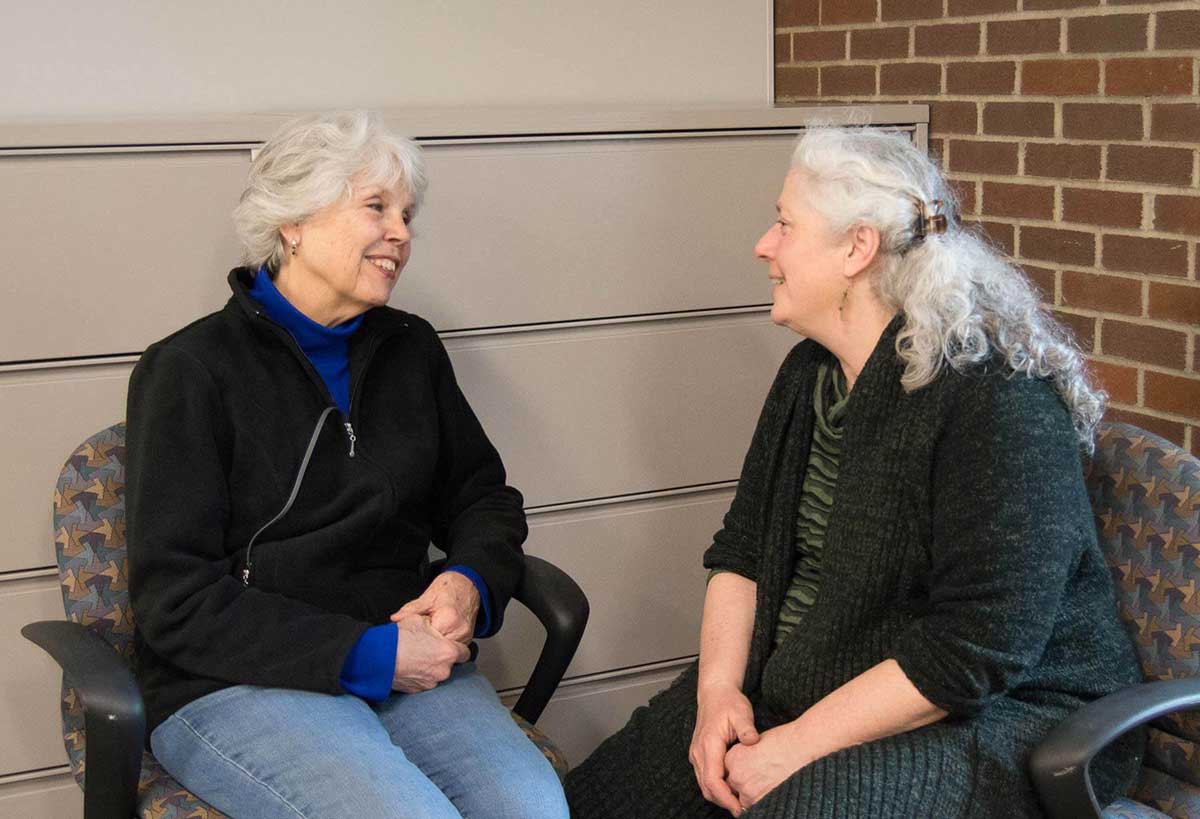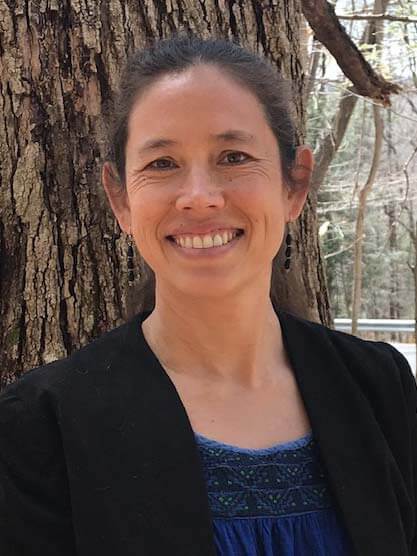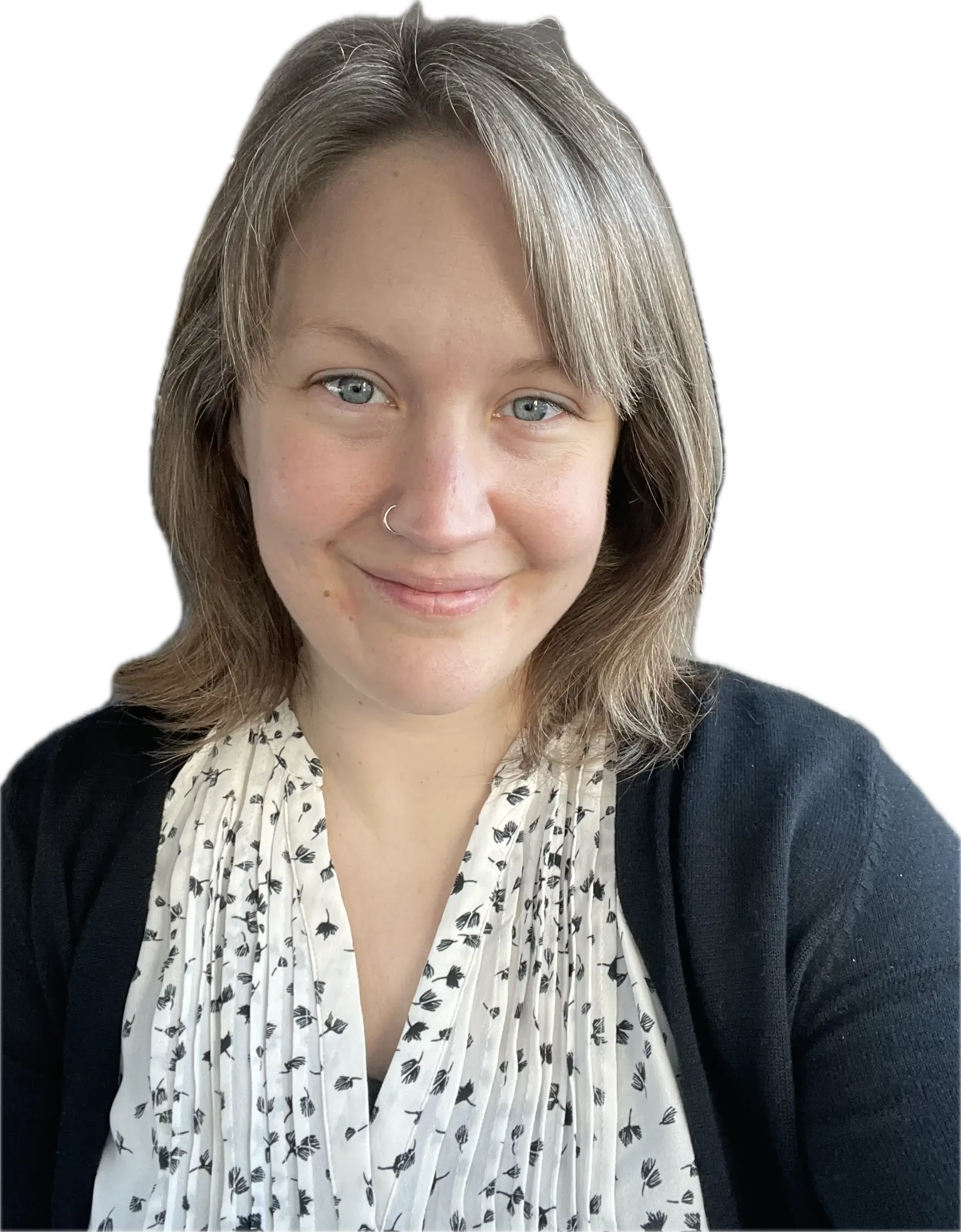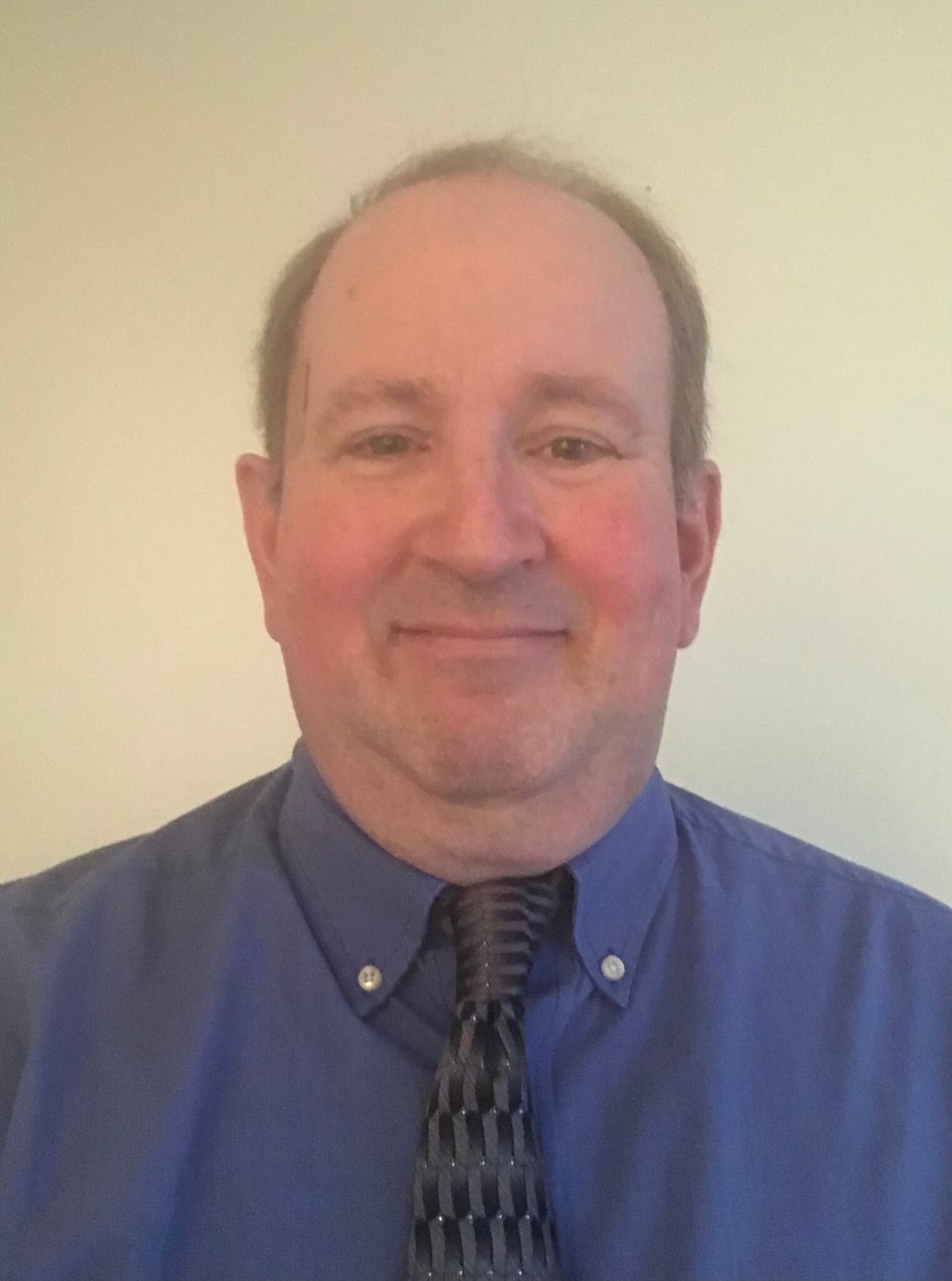Gale Mason helps her neighbors learn ways to better manage their health
Gale Mason (above left) co-led her first Healthy Living community workshop with Andi Waisman (above right), Healthy Living program manager at LifePath. “I think it was the first workshop either one of us had led,” says Gale, “so we really relied heavily on each other. And she has a way of facilitating that is very tailored, very professional, I think because of her professional experience – but she’s also very laid back, and that was fun to work with.”Gale Mason is a retired nurse with a background in public health. Wanting to find meaningful ways to contribute to her community, Gale reached out to LifePath, the nonprofit that serves elders, people with disabilities, and caregivers here in Franklin County and the North Quabbin, to learn about volunteer opportunities. She now volunteers with two programs, Rides for Health (showcased in the “A Volunteer’s Story” column in the November 18, 2017, edition of The Good Life) and Healthy Living.
“I’ve always liked to teach. My favorite is teaching community members,” says Gale. “I think people are just hungry for information. They like to learn about their bodies, their health, things they can do.”
The Healthy Living Program offers volunteer-led, evidence-based workshops to people with chronic health conditions as well as their caregivers and loved ones, right in their own communities. Five different workshops help individuals learn habits to better manage their health through healthy eating, balance and exercise, and managing the general effects of chronic illnesses as well as more specific ailments like diabetes and chronic pain.
Before volunteer leaders co-facilitate workshops, they go through a multi-day training. “The training actually walks you through every piece of the program,” says Gale. “You practice with fellow leaders to be, and I found that to be very helpful. I learn better by doing than by just reading or listening.”
Gale picked what felt of interest to her: “My Life, My Health: The Chronic Disease Self-Management Program” covers all the territory, says Gale, the understanding of it and the tools to cope. Gale also trained to lead “Matter of Balance: Managing Concerns about Falls” and hopes to train to lead the “Chronic Pain Self-Management” workshop series next. “I feel there is a lot of overlap between chronic disease self-management and chronic pain self-management,” says Gale. “Both affect me as well.”
Whether it’s living with arthritis pain or managing an autoimmune disease, volunteer leaders in the Healthy Living Program tend to share the same health concerns as the folks who attend the workshops. “They have symptoms that all the participants in the workshop share,” says Gale, “so they are sort of perfect to lead those workshops.” That connection is one of the reasons that this program is so effective.
“People, even people like myself,” says Gale, “a senior citizen who has a number of chronic disorders, continue to think of themselves generally as healthy individuals. So when we say that his course is for people with chronic diseases, we’re not saying somebody who necessarily has a life-threatening illness, although certainly they would be included, but people who have asthma or people who have irritable bowel syndrome, things that most of us would say, ‘Well, you know, that’s that – I’m living with it.’ You know?”
Gale continues. “The issue is: How well are you living with it, and how well will you be able to continue to live with it?”
Healthy Living workshops help people at any stage of their chronic illness, whether they were just diagnosed or are further along. “We take you at where you are and give you the knowledge and the skills to make sure that you can not only maintain your overall health,” says Gale, “but protect yourself from future disability and move in the direction of – maybe even regaining – some of your abilities to do things that you haven’t been able to do for a while. It helps you learn what you need to do, not specific to arthritis, not specific to COPD, but specific to the symptoms we all share.”
Just how does the workshop work? “The workshop is focused on small steps. You take small steps to reach your big goals,” says Gale. “I offer people the skills to make those changes themselves.”
The tools people learn help them to identify their personal goals and slowly form new habits to reach them. “Exercise is a big one,” says Gale. “Exercise is one of those things that all of us know we should do, but it can be very challenging if you live a busy life, if you have pain or other kinds of chronic diseases.”
People who attend the workshops find support in each other, too. “Within the group itself, you develop a rapport with anywhere from a half a dozen to a dozen individuals from all walks of life who are kind of united by a common bond – which is this chronic disease.”
Gale finds meaning in helping her neighbors. “To hear people say, ‘I wasn’t able to do this before and now I am,’ and to say that they want to keep up with the support of other people in the group, even after the course is done – to continue to relate to those individuals that support each other and continue to grow in that respect – is just very rewarding.”
It is also rewarding to work with different co-leaders. “It’s fun to interact with people who have different styles of presentation and different backgrounds because you learn from them. I don’t want to just present, I want to learn and grow with the course as well.”
As a volunteer, Gale feels supported by LifePath. “Everybody provides positive feedback,” says Gale, “and if we have any requests or any needs, they’re met right away.” Leader meetings with Program Manager Andi Waisman and Program Coordinator Marcus Chiaretto, says Gale, “are a way for all of us to share our experiences and do some problem solving ourselves about how best to lead the course. And that’s enormously supportive because then you get to share experiences and hear what has worked and what hasn’t worked for other people.”
Gale believes that many people would enjoy becoming a volunteer leader with Healthy Living. “I think what it takes an interest in sharing information, an interest in health maintenance,” says Gale. “It does not take any professional background or expertise. A lot of people will say, ‘Well, I don’t have facilitation skills,’ or, ‘I don’t have leadership skills.’” Gale says the trainings and the workbooks provide all you need to know to lead the structured workshops. “What you need to bring is an interest and a willingness to share and an enthusiasm for the course and for your community.”
Medical professionals can benefit from becoming leaders as well, says Gale, who is not the only leader in the program with a healthcare background. “Sitting around a table and hearing their potential patients talk about the effect of the chronic illness on their lives can only be helpful for people who are treating these diseases.”
Even if practitioners cannot become leaders, she hopes they will recommend the program to their patients. “I think our healthcare system today would welcome support from community leaders who offer this course because it is helping their patients. Because of the way the healthcare system is structured, they don’t have time for this type of education and ongoing support.”
Gale looks forward to co-leading up to six workshops in 2018. “The course is fun. We just have a good time. In addition to learning new things,” says Gale, “we laugh and enjoy each other’s stories.”
Become a Healthy Living leader
If you want to learn more about becoming a Healthy Living volunteer leader, contact Andi Waisman by email or by phone at 413-773-5555 x2297 or 978-544-2259 x2297.
Want to find out about upcoming workshops and register for a series near you?
Contact Marcus Chiaretto at 413-773-5555 x2304, 978-544-2259 x2304, or by email. You can also view a calendar and sign up online.





